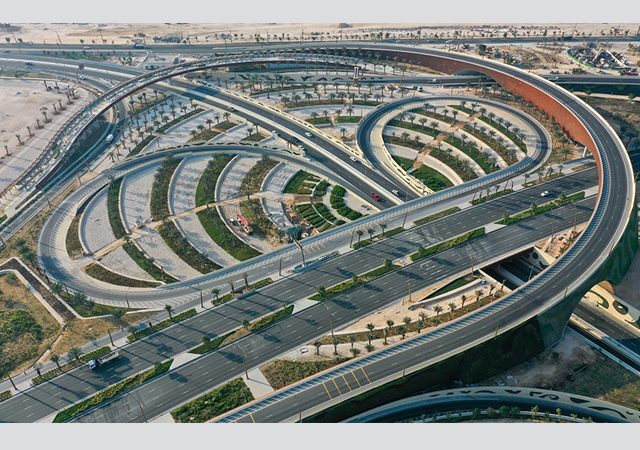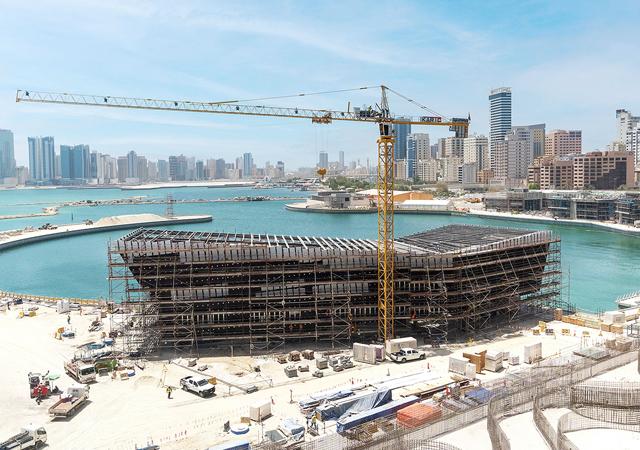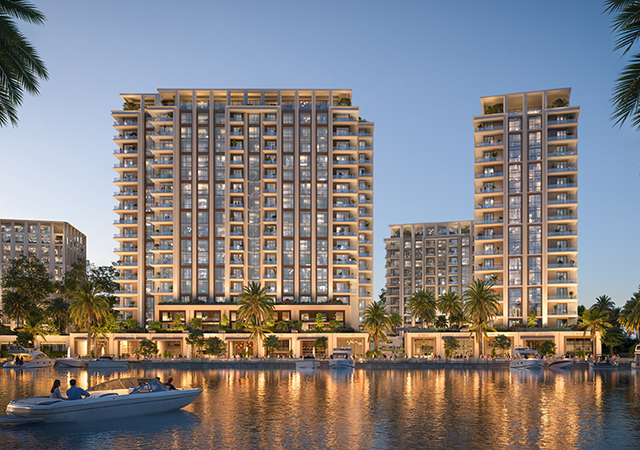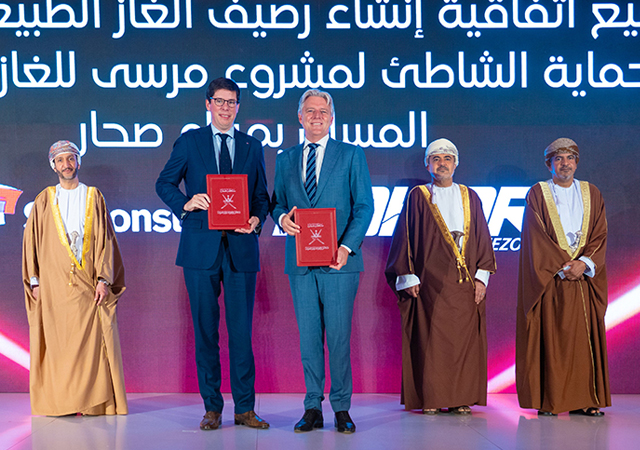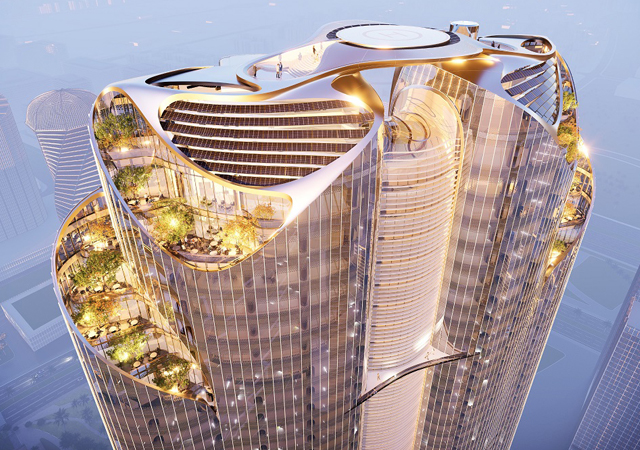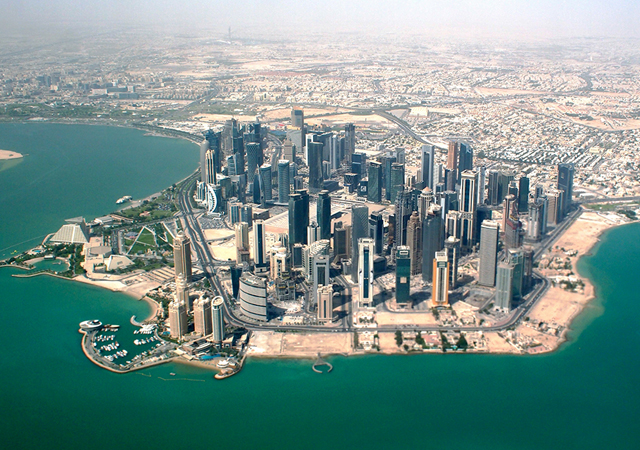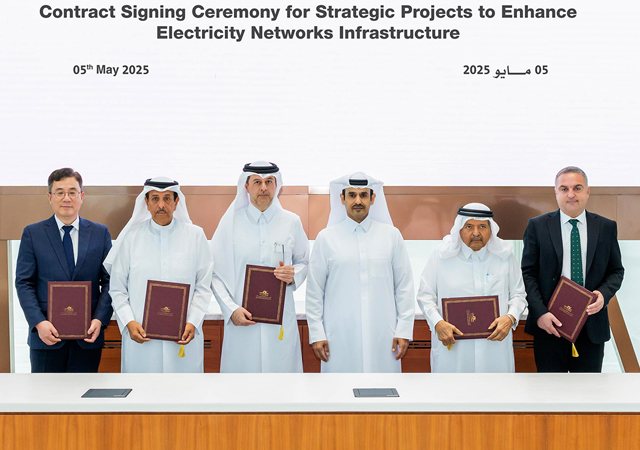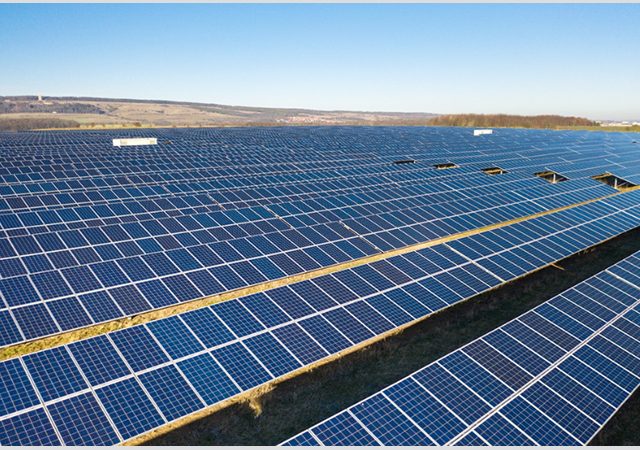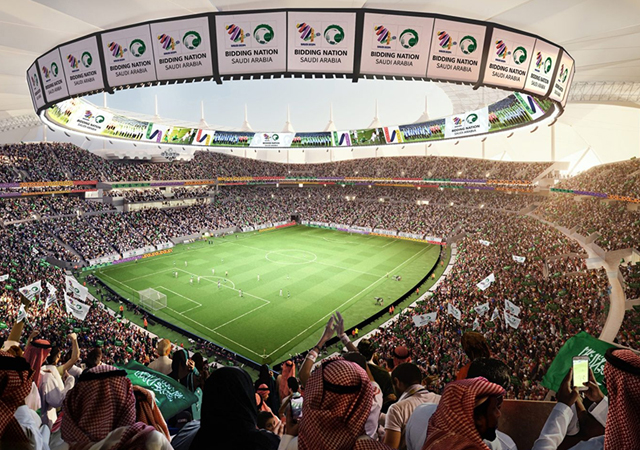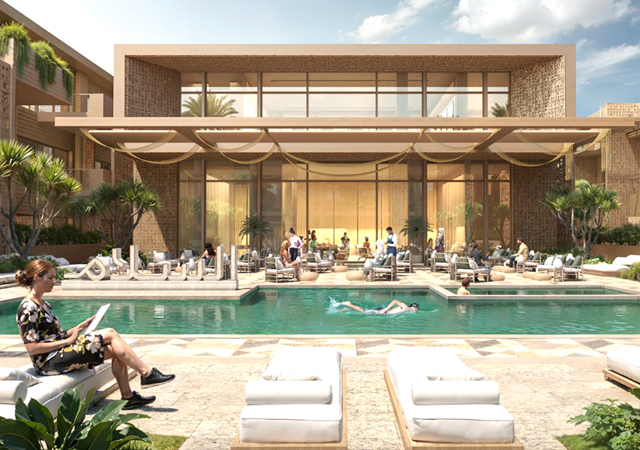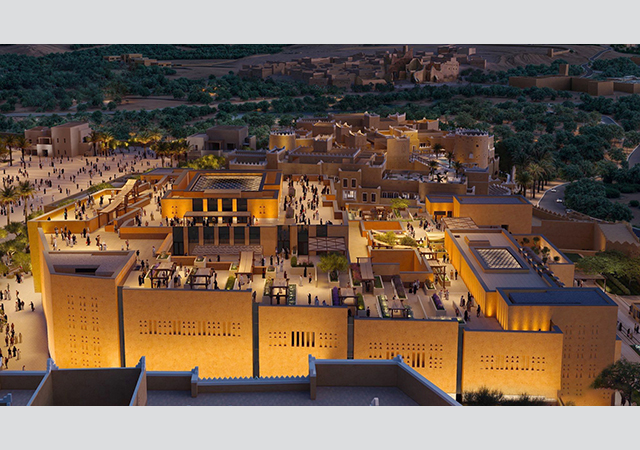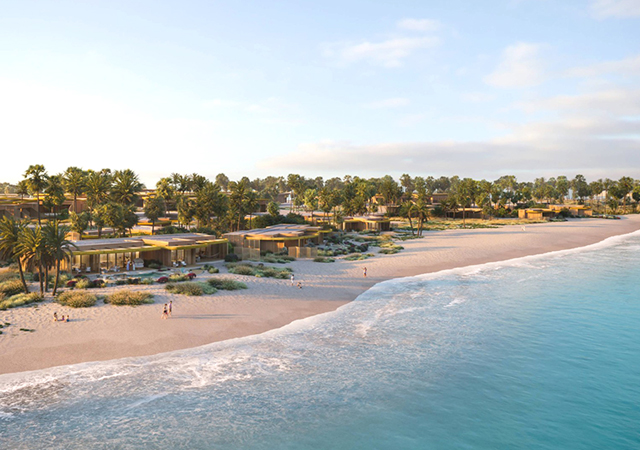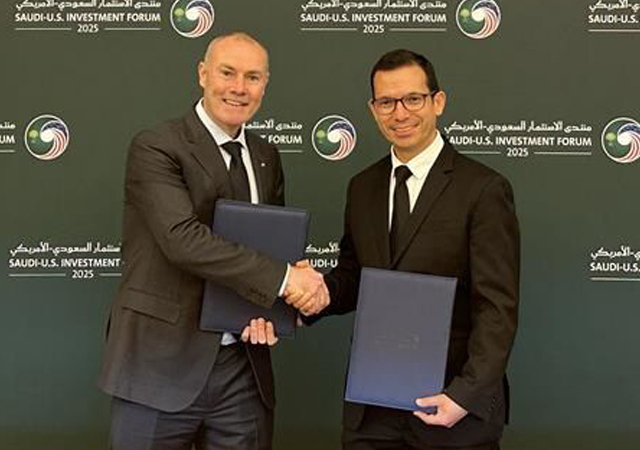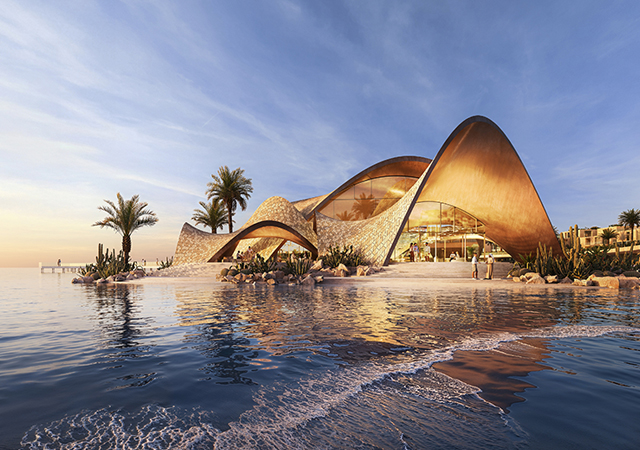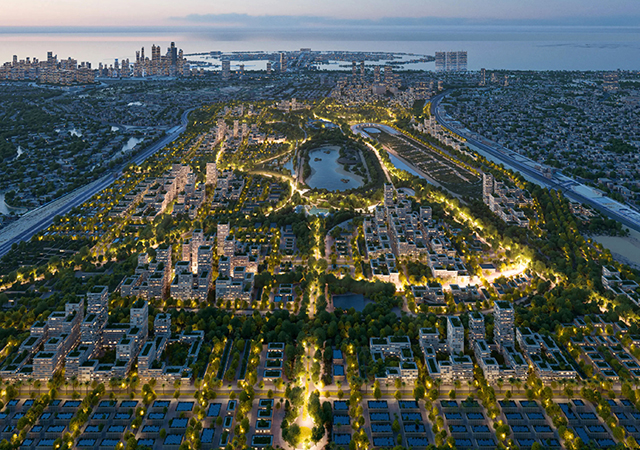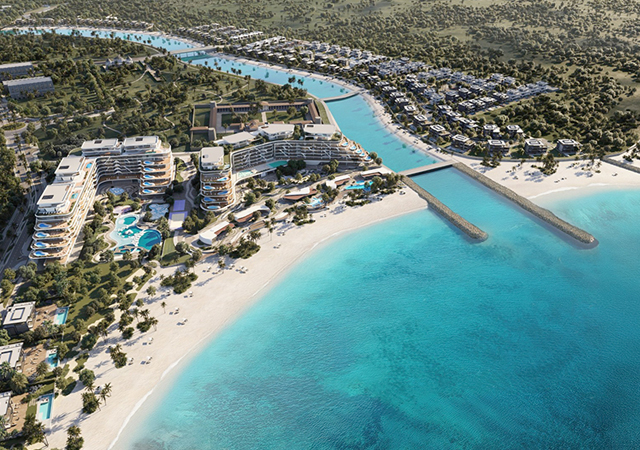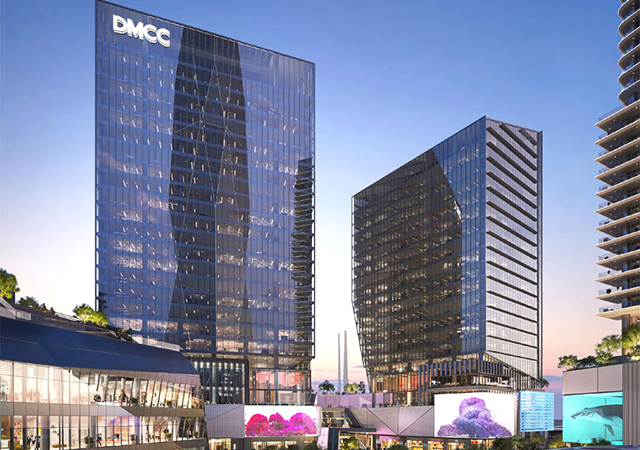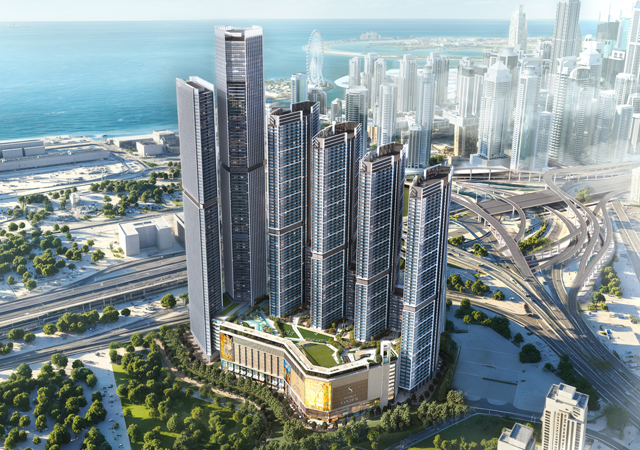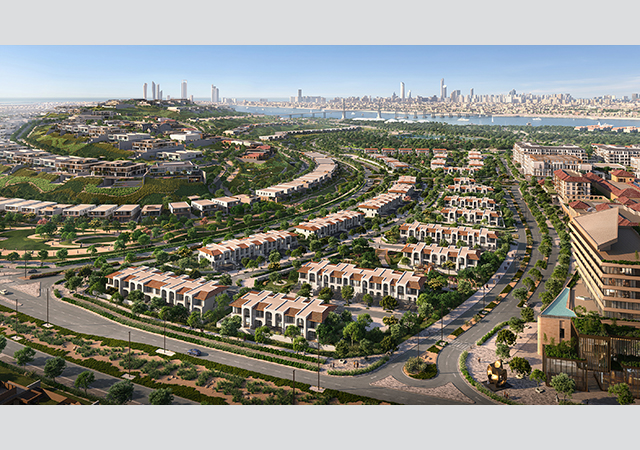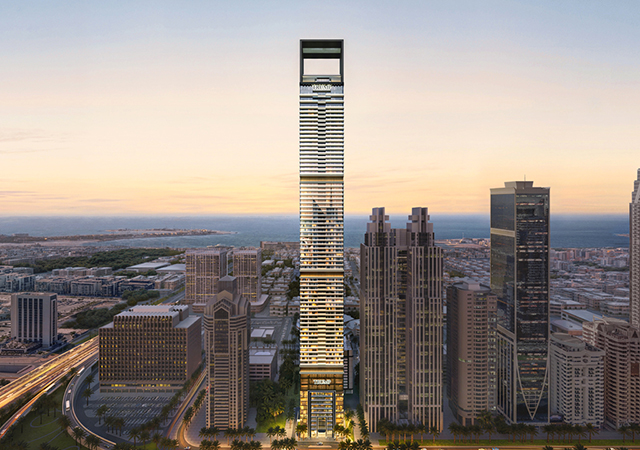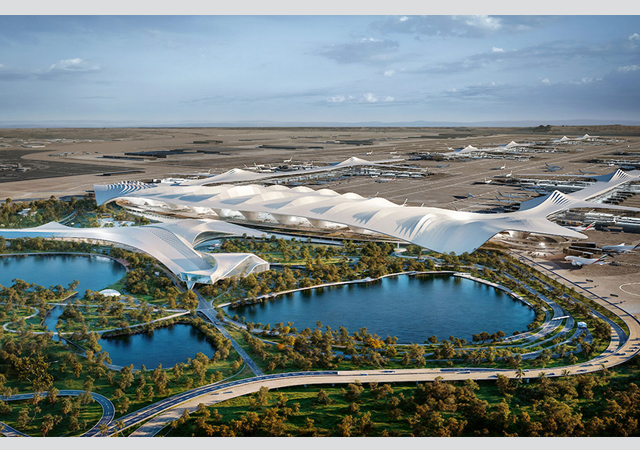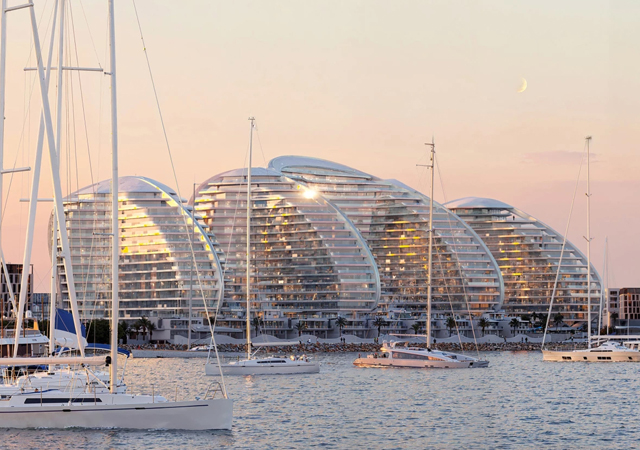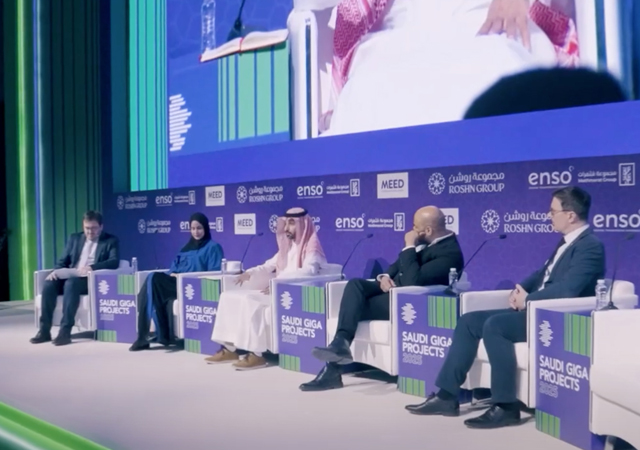
 HouseZ offers several options of affordable structures ... quick completion.
HouseZ offers several options of affordable structures ... quick completion.
ZAMIL Steel Industries’ recently-introduced HouseZ structures are poised to play a key role in redefining the prefabricated housing sector in the region, according to Hatem Turki, who has newly been promoted as general manager for the company’s prefabricated houses division.
These prefabricated structures were launched earlier this year in a bid to meet the rising demand for affordable housing and similar structures that can be readily created as primary or supporting buildings. They combine structural design integrity and functionality with affordability while offering a range of benefits including speedy erection and flexibility.
Zamil Steel HouseZ systems are cold-formed light-gauge galvanised steel structures that are precisely engineered and manufactured to serve a large number of applications. From high-specification site offices, clinics, schools, shops, banks to corporate/entertainment venues to easily relocated site offices like labour camps, HouseZ provides several options of affordable structures that are quickly completed to support and generate business in the shortest possible time, says Turki.
“These applications provide a great number of industries with numerous advantages especially in terms of savings in operational expenses such as man-hours as well as accrued productivity. This is particularly so where structures need to redeployed quickly and at times on different surface levels,” he says.
 |
HouseZ framework ... quick completion. |
Turki sees great potential for these prefabricated structures, which have been built using highly advanced machinery and equipment under the supervision of a dedicated team of engineers and manufacturing personnel.
Being made of steel, HouseZ offers the primary safety advantage as it is noncombustible and prevents the spread of fire. These structures are also hurricane and earthquake-resistant, mould-resistant, allergy-free as well as termite-resistant, and most of all are environment-friendly, being made of environmentally responsible steel, he adds.
“The beauty of using HouseZ is that it combines structural integrity with design aesthetics that allows users to feel and move comfortably within the confines of a regular house or building that has all the amenities and elements they would want to experience in the normal course of living,” says Turki.
These buildings also offer the benefits of flexibility. “Such is the flexibility offered by these structures that numerous industries draw up operational goals stipulating the use of these buildings to ensure success and timely delivery of projects,” he points out.
HouseZ is produced under the Zamil Steel brand, by a specialised unit called Zamil Prefabricated Houses, which was launched this year. They are manufactured under strict quality norms in a separate plant in Dammam.
The division is targeting a number of sectors, especially industries where the requirements for immediate and easily deployable housing is required to complement or supplement another project.
“These can be in the form of affordable mass housing and site offices for workers employed on different industry platforms or projects that require prefabricated structures that will be supported and augmented by regular housing or buildings such as commercial establishments,” he says.
Eventually as the division grows, it intends to focus on general housing where affordable houses can be quickly erected, while allowing their occupants the luxury of attractive design choices – both externally and internally – without sacrificing structural integrity and providing them with all the amenities that a regular house built with concrete can provide, according to Turki.
“This niche is quite promising in view of the fact that the Saudi government has outlined a massive affordable housing development plan, which will require a lot of these structures,” he says.


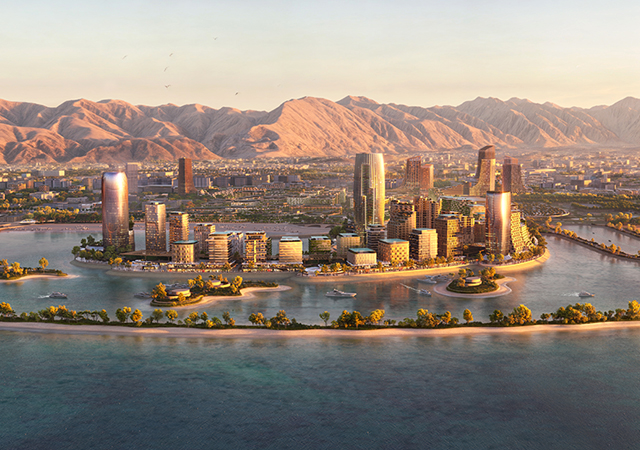
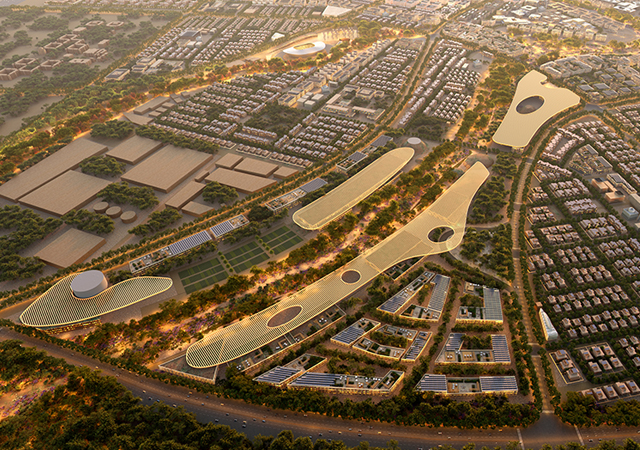
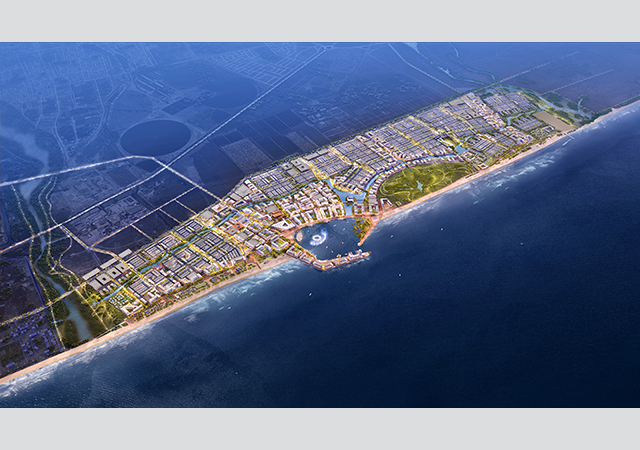
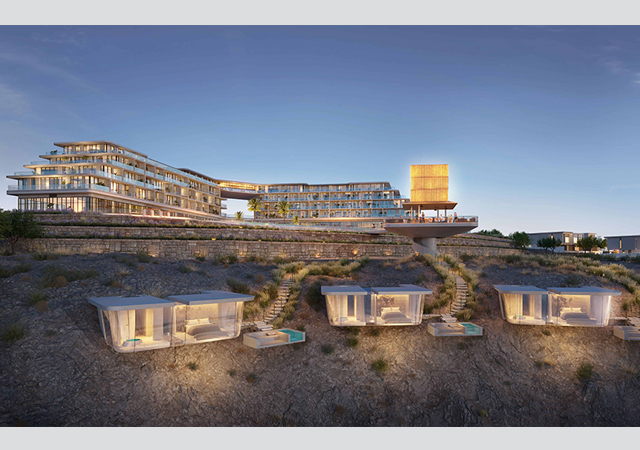
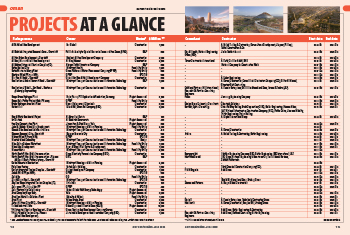
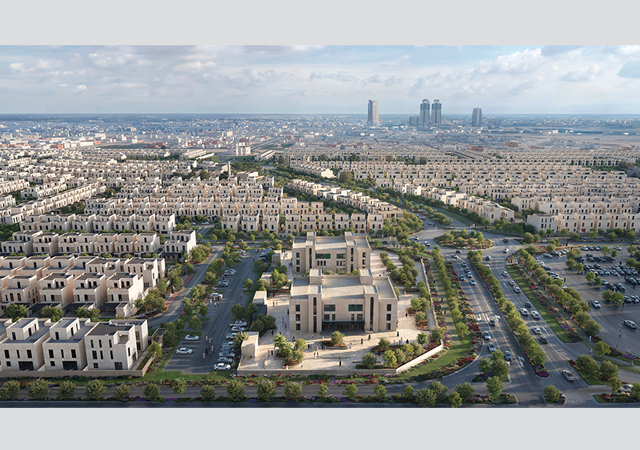
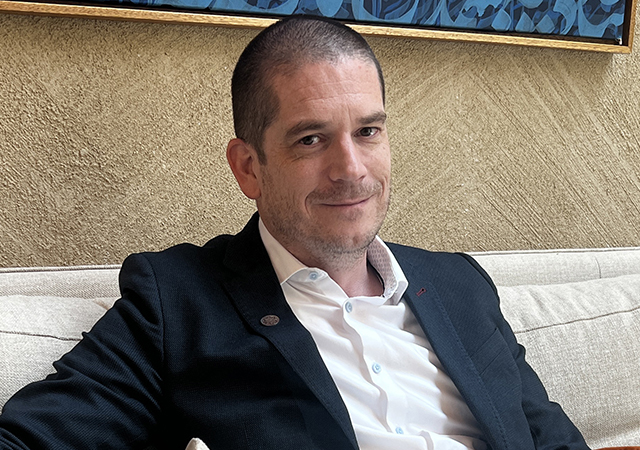

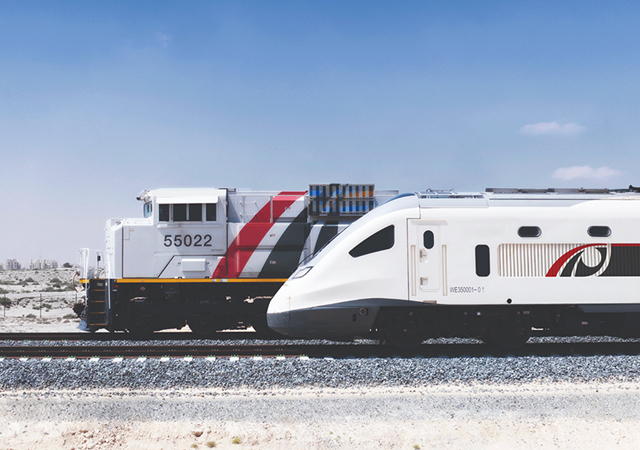
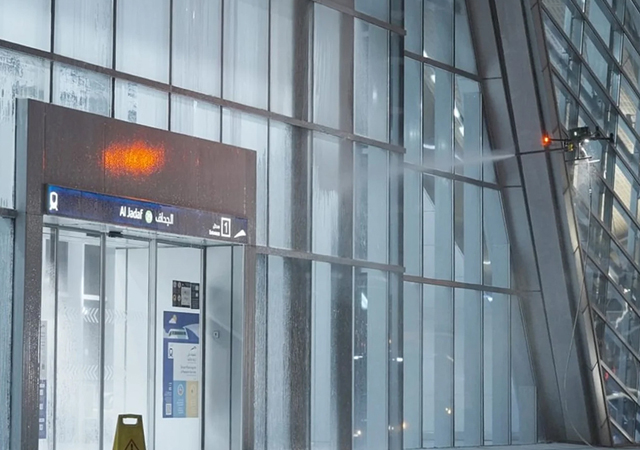
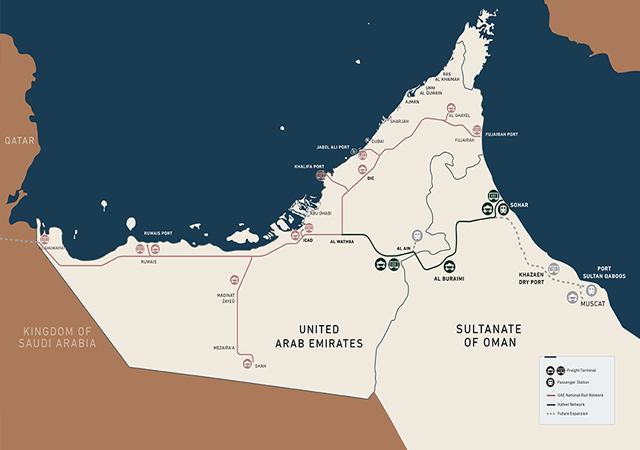
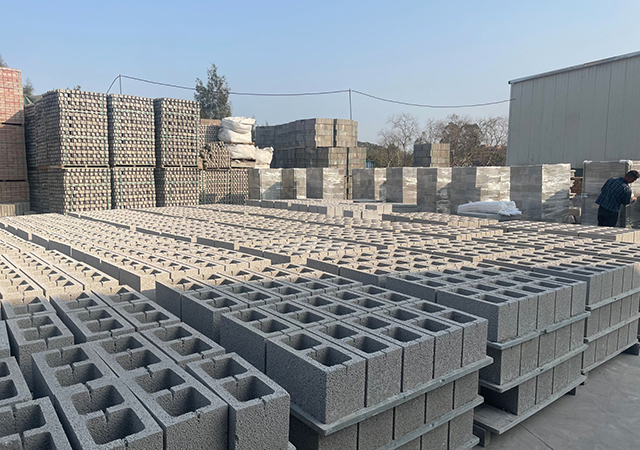
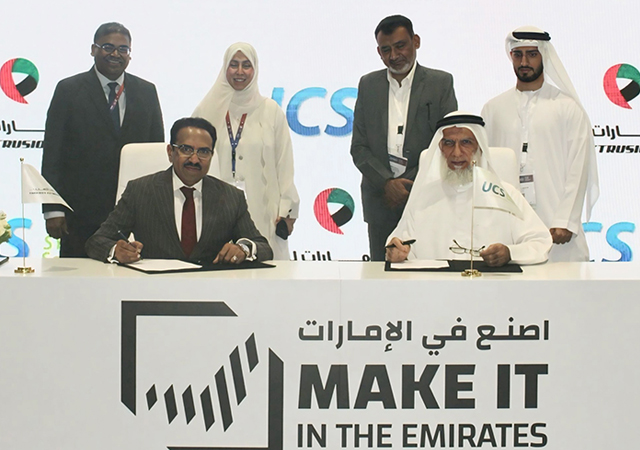
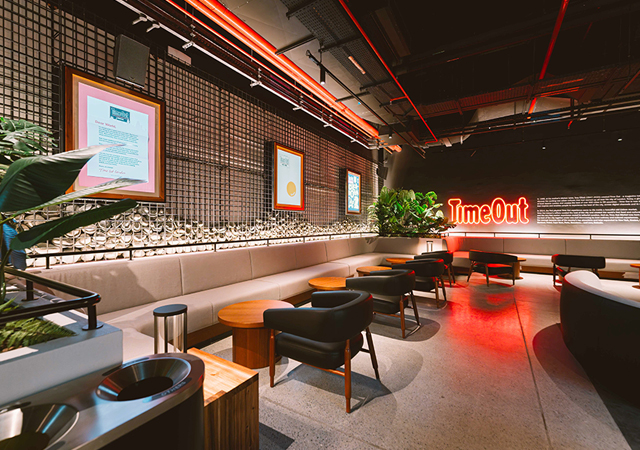
.jpg)
.jpg)
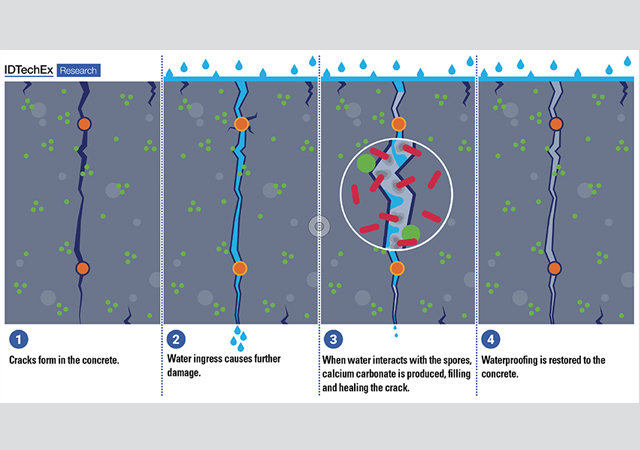
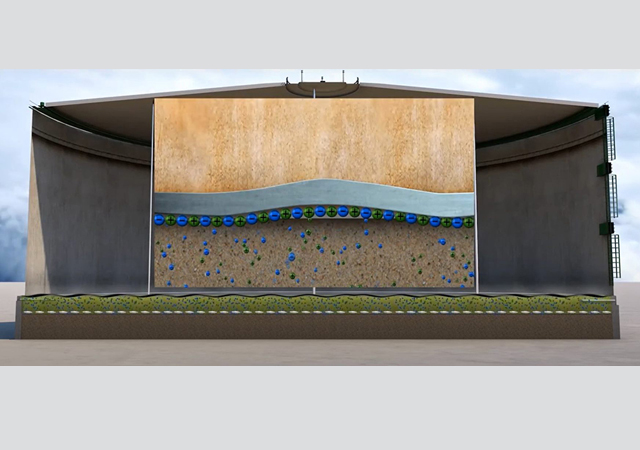
.jpg)
.jpg)
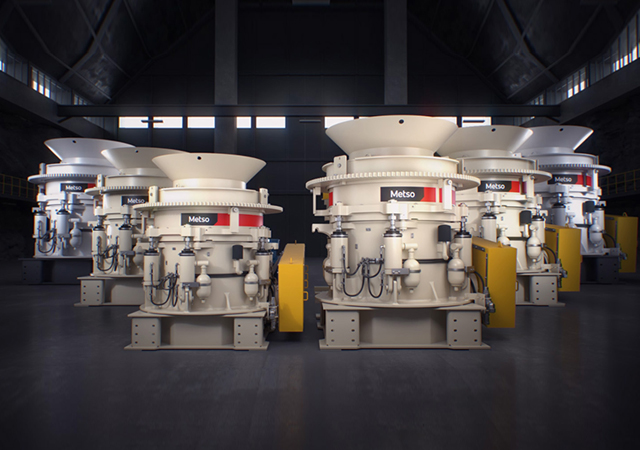
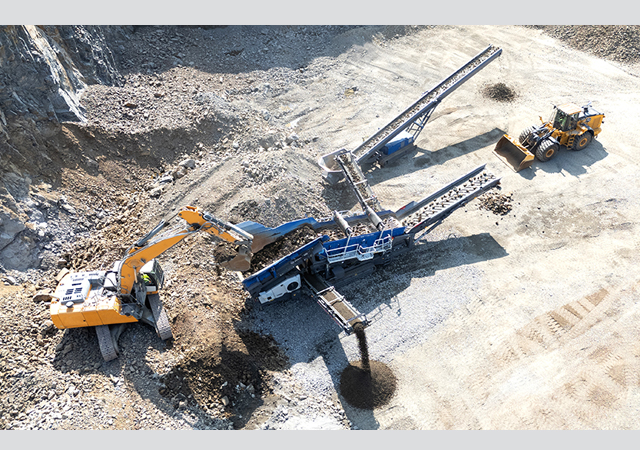
.jpg)
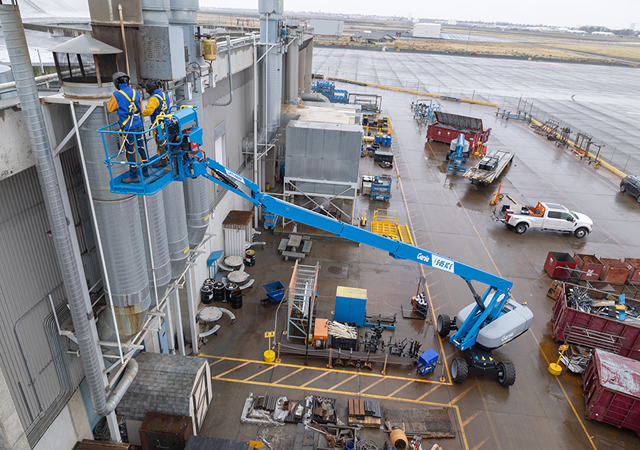
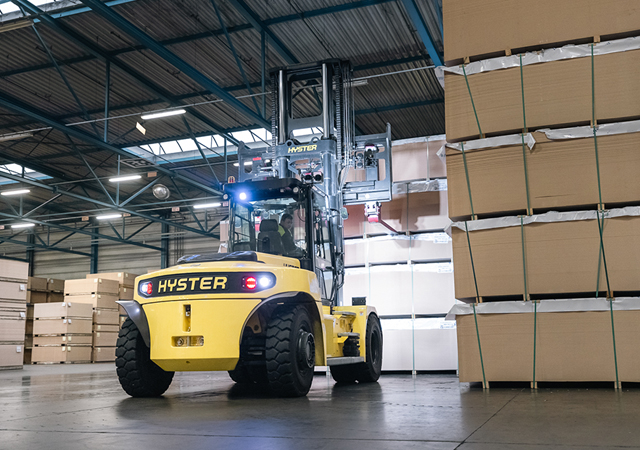
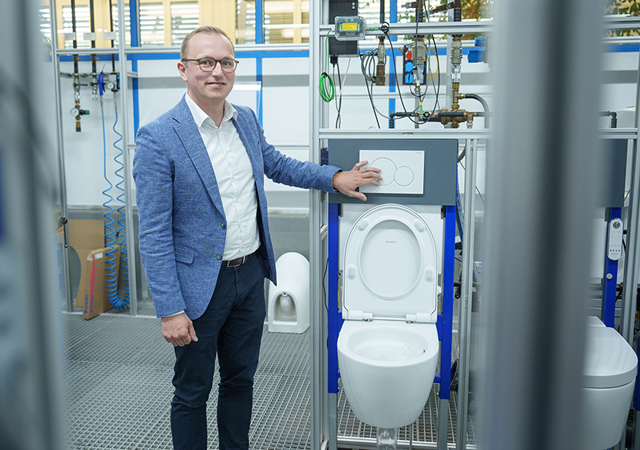
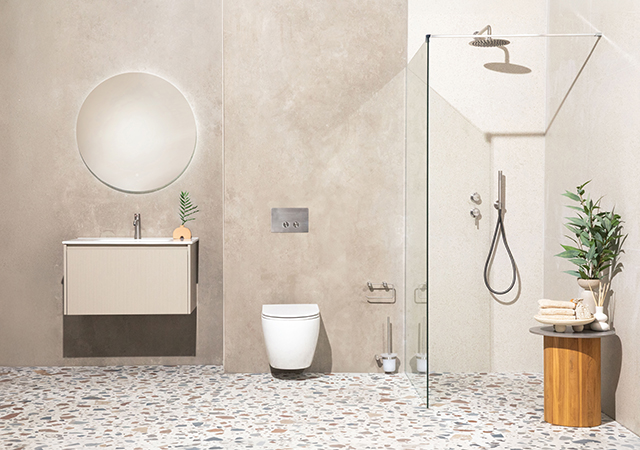
 Doka.jpg)


